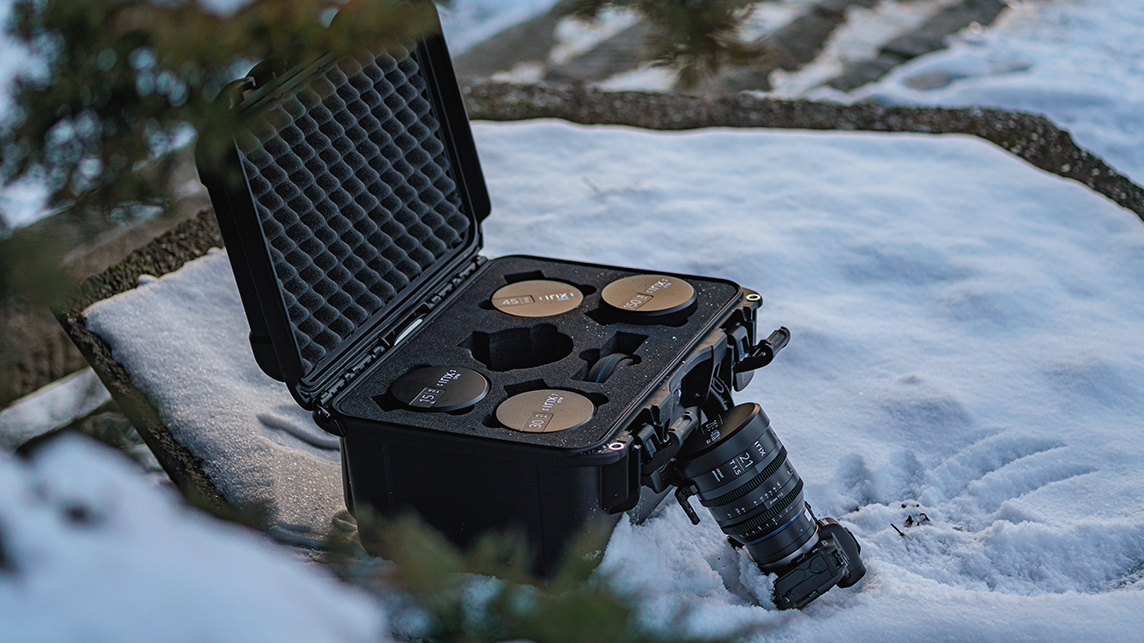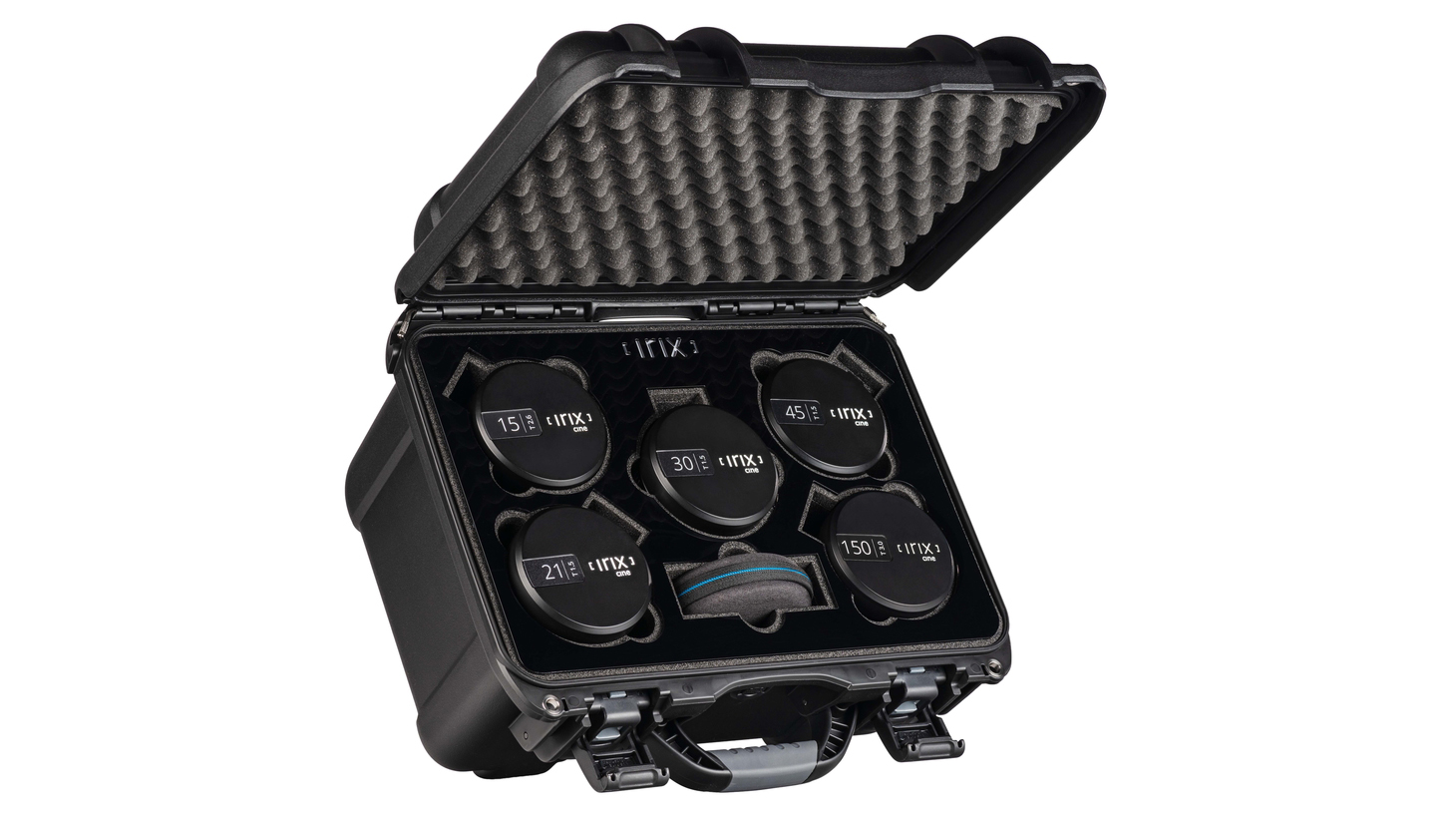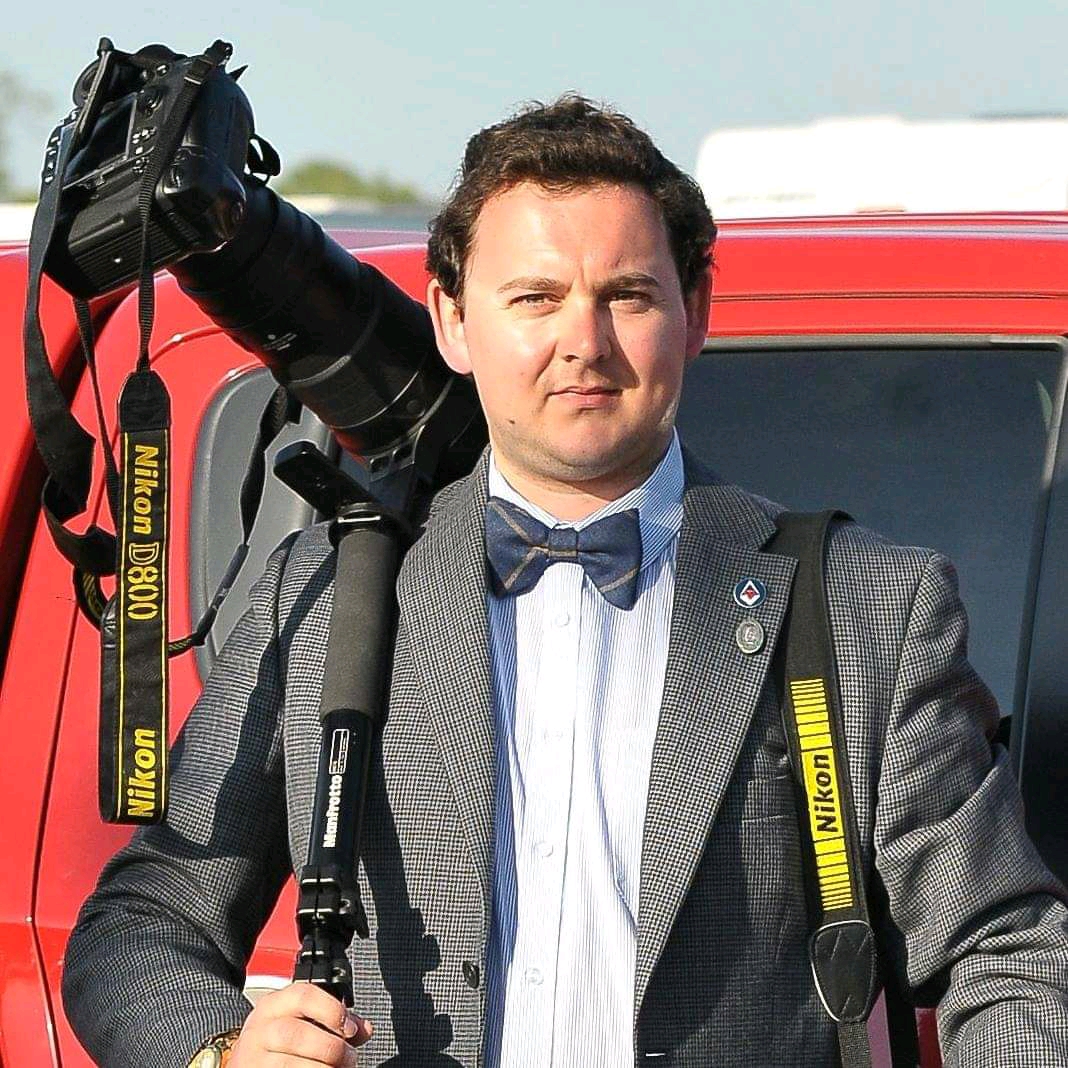Irix launches cine lens sets – but, why do cinematographers buy $7,500 lens kits?
Cinematography can be expensive, but not with these Irix cine lens sets. But just WHY do cinematographers buy these kits?

It is always good to have a choice of lenses with you at any one time – that way, you always have the range you need to make the most cinematic shot possible. And that's where the line of Irix lens sets for movie creators comes into play.
Irix is now offering three types of lens sets that offer either 4 or 5 lenses, covering a wide range from 11mm all the way to 150mm, along with custom protective case for easy transportation between shoots and even filters for the lenses, making sure there is a set to suit every budget and cinematography style out there.
• Read more: Best cine lenses | How are cine lenses different to regular lenses?
The first set it the Cine Entry set, designed to offer the most range for those just starting out in their career as a professional filmmaker, and it also benefits from being a complete T1.5 kit – so this can be used even in the most toughest of lighting conditions.
The kit includes the Irix Cine 21mm T1.5, Irix Cine 30mm T1.5, and a Irix Cine 45mm T1.5 lenses, and can be purchased in a selection of mounting options such as Canon EF, Canon RF, L-mount, Micro Four Thirds, Nikon Z, PL-mount and Sony E mount, and comes priced at $4,713 / £3,514 / AU$6,519.

Another is on offer is what Irix calls the Extreme, which offers an Irix Cine 11mm T4.3, the T1.5 21mm, 30mm and 45mm, along with the Irix Cine 150mm T3.0. It's available in the same mount options, priced at $7,438 / £5,546 / AU$10,289.
Last, but not least is the full Cine Production kit, which is suitable for professionals that need to cover any shooting situation. This kit it the same as the Extreme, except that the ultra-wide 11mm T4.3 and is substituted for the shorter but faster Irix Cine 15mm T2.6, again offered in all mounts and priced at $7,438 / £5,546 / AU$10,289.
Get the Digital Camera World Newsletter
The best camera deals, reviews, product advice, and unmissable photography news, direct to your inbox!
But… WHY?
Now, I know what you're thinking: "That is a ton of money to spend in one go." And you would be completely right – but what this offers is a quick investment into your filmmaking career. There will be endless shoots when you wish you had a wider lens in your kit bag, or a bit more reach just to get better detail recorded, without moving the whole camera rig.
Most importantly, though, when buying a set of lenses is you are getting a great discount buying in bulk. Yes it's a lot of money, but if you wanted to buy the lenses in the the Cine starter kit individually you would pay $736 / £550 / AU$1,018 more – and that's without getting the custom carry case and and all the included filters.
Whatever your skill level, within these three kits is something for every cinematographer. Yes they might seem expensive, but filmmaking is an expensive multi-billion dollar industry – and with that in mind, for what you are getting these are a great offering from Irix. And if you're stuck on the fence about which one would suit you, I would personally go for the Cine entry set; with their fast T1.5 apertures and good focal length, these should cover you for a wide range of shooting.
Read more:
Best cine lenses
Best cinema camera
Best wireless follow focus
Best video sliders
Best audio recorders for filmmakers

For nearly two decades Sebastian's work has been published internationally. Originally specializing in Equestrianism, his visuals have been used by the leading names in the equestrian industry such as The Fédération Equestre Internationale (FEI), The Jockey Club, Horse & Hound, and many more for various advertising campaigns, books, and pre/post-event highlights.
He is a Fellow of the Royal Society of Arts, holds a Foundation Degree in Equitation Science, and holds a Master of Arts in Publishing. He is a member of Nikon NPS and has been a Nikon user since his film days using a Nikon F5. He saw the digital transition with Nikon's D series cameras and is still, to this day, the youngest member to be elected into BEWA, the British Equestrian Writers' Association.
He is familiar with and shows great interest in 35mm, medium, and large-format photography, using products by Leica, Phase One, Hasselblad, Alpa, and Sinar. Sebastian has also used many cinema cameras from Sony, RED, ARRI, and everything in between. He now spends his spare time using his trusted Leica M-E or Leica M2, shooting Street/Documentary photography as he sees it, usually in Black and White.
